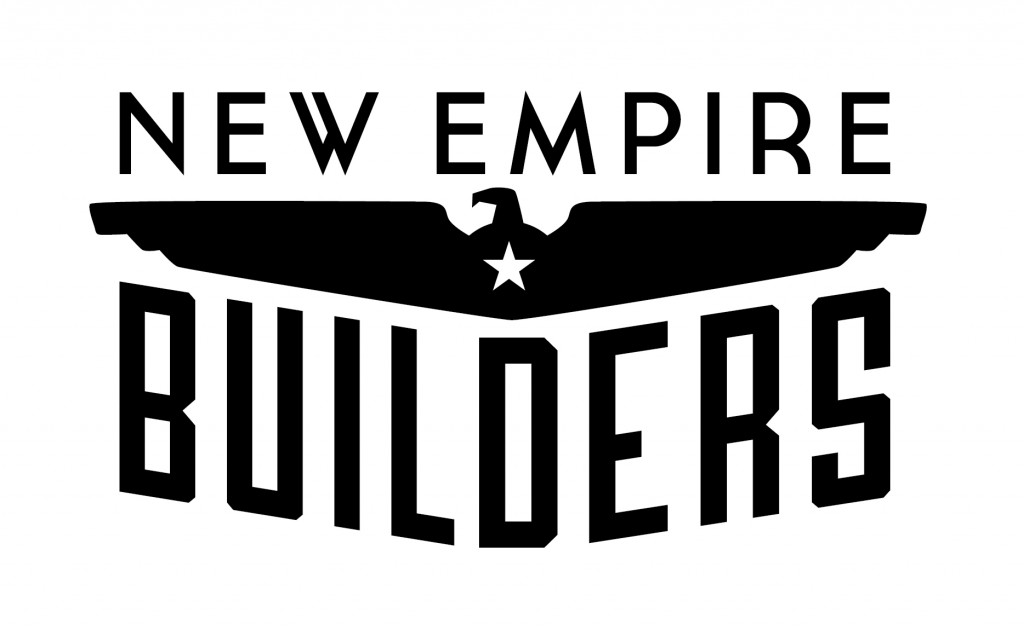–> Who: Veronica D’Souza, Co-Founder of Ruby Cup
–> What: Ruby Cup is a healthy, cost-saving, green & safe menstrual cup that’s reusable for 10 years. It’s sold and distributed through local women entrepreneurs, and helps women & girls in developing countries who often are forced to stay home from work and school, due to lack of affordable menstrual hygiene products.
–> How: Read this interview, and learn more about Ruby Cup.
Interview by Adam Smiley Poswolsky

Women and girls in developing countries face problems when they menstruate, because they cannot afford sanitary pads. As a result, girls are often absent from school and women from work, because they are afraid of leaking from makeshift methods such as cloth, newspaper, mud, etc. UNICEF and UNDP identify menstruation as an overlooked barrier for reaching the Millennium Development Goals in education, gender equality, and economic development.
Veronica D’Souza was one of 5 entrepreneurs picked out of 100 entrepreneurs that participated in the Impact Accelerator@SOCAP program the weekend before the conference; the entrepreneurs voted which venture best represented an immediate need for $2,000-4,000—SOCAP attendees then chose which entrepreneur out of the five they wanted to contribute to. SOCAP then wrote a check to each entrepreneur based on attendee votes, totaling $10,000.
I had the opportunity to interview Veronica D’Souza at SOCAP, about Ruby Cup’s innovative approach to solving this problem.
An Interview with Veronica D’Souza, Co-Founder of Ruby Cup
How did you come up with the idea for Ruby Cup?
Our three co-founders are from Denmark, and met at business school in Copenhagen 3 years ago. We studied sustainable business—and all of us were users of menstrual cups. A year-and-a-half ago, we started exploring what women do in developing countries when they have their period. All of us can relate to the feeling of getting stuck without a pad or tampon. All women can relate to this embarrassing feeling. We discovered that menstruation is a main barrier in the developing world—girls stay home from school 20% of the time during menstruation.
What findings shaped your approach to making the Ruby Cup?
Because Kenya had done an accessibility study of acceptance of menstrual cups in low-income communities, we developed our own product in Kenya, building a company run by women. We spoke to women and girls everywhere, and the response was enormous—the need was so huge! Even the men were excited.
But we realized we never were going to be successful if women feel “poor” when they used the product—the brand had to represent a positive story of who a young girl wants to be. The girls we talked to in Kenya wanted to look up to something, they wanted to be cool. Design and marketing is often overlooked when making products for people in the developing world. We realized the product needs to be pink, that white is ugly, while cream is beautiful.
How did you get involved with SOCAP? How has the experience at the conference been for you?
We were invited to SOCAP Europe in Sweden in May, as a scholarship entrepreneur, and had the opportunity to speak on the main stage. We had a lack of knowledge about how big this issue is, about how overlooked menstruation is. SOCAP led to meeting a lot of advisors and connections, and we applied to be in the impact accelerator for SOCAP12 in San Francisco and got in. It’s so hard to meet the right people when you’re working in the field, and SOCAP helps facilitate these connections and allows you to learn from other entrepreneurs facing similar challenges. The Indiegogo/SOCAP campaign created an easy way for people to learn about our venture, and then talk about potential collaboration.
What’s next for Ruby Cup on the ground in Kenya?
With our office in Nairobi, Kenya, we’ve already had 500 direct sales of our product in Kenya. Right now we’re reaching out to existing NGO networks, to find their health needs and find partners in Africa and elsewhere. This product can be used all over the world; it’s not limited to use in the developing world.
We realized the design of the packaging is so important, and we need to get cool Kenyan women to use the product, so other girls and women in Kenya will want to use it. Further, we’re hiring local sales reps in Kenya, and trying to create an empowering scene around menstruation (by creating a pink sales booth for Ruby Cup where women can also get their hair braided or get a pedicure or listen to music)—taking something that has usually been done in secret and has an embarrassing connation, and make it exciting, make it a scene people want to be a part of.
What do you do when you get overwhelmed or face challenges as a social entrepreneur?
Remember the small story that really drives what you do. Girls wrote us from slums in Kibera, Nairobi, that had our product; they said they no longer had to prostitute themselves to get money for sanitary pads, that they were now going to school instead of staying at home, they were happy, and not scared about having a conversation with a family member about asking for money. They know they’re safe for the next 10 years—and that’s empowering.

Learn more about Ruby Cup here.
This article is a part of a series produced at SOCAP12 by New Empire Builders. New Empire Builders is a SOCAP12 media partner.




